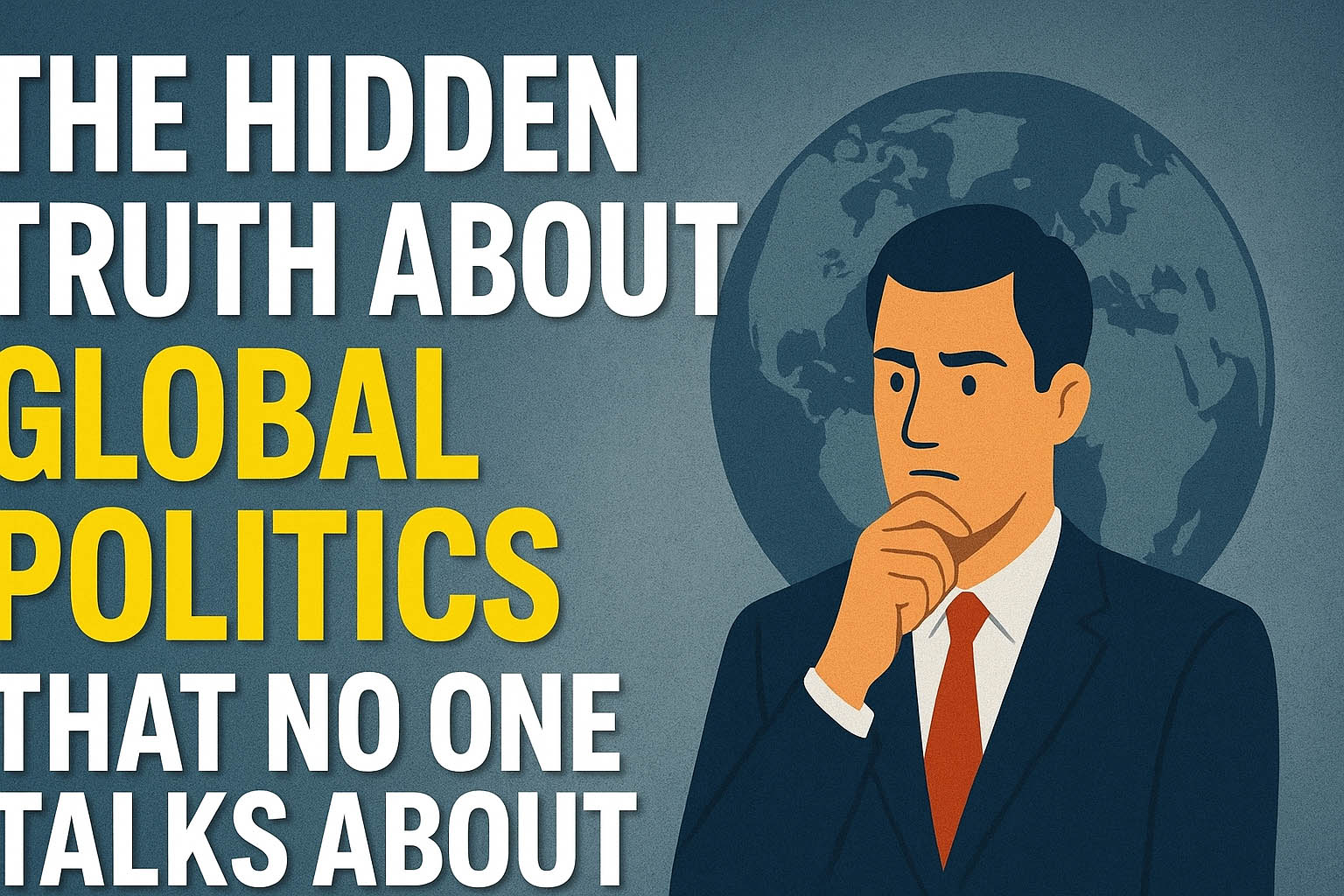The humanitarian crisis in Gaza has reached an alarming stage, where famine and starvation are threatening the lives of millions. For months, the region has been under siege, leaving its people deprived of basic necessities such as food, clean water, electricity, and medical supplies. Children, women, and the elderly are the most vulnerable, suffering the consequences of a blockade that has pushed Gaza to the brink of one of the worst humanitarian disasters of our time.
The Scale of the Crisis
Reports from international humanitarian organizations reveal heart-wrenching statistics. Thousands of children are malnourished, hospitals are unable to treat patients due to the lack of essential medicines, and food shortages have forced families to survive on minimal supplies. Entire neighborhoods lie in ruins as continuous bombings and military actions have destroyed infrastructure, further deepening the crisis.
The United Nations has repeatedly warned that famine in Gaza is man-made, resulting not from natural causes but from deliberate restrictions on aid and resources. This raises a critical moral question for the international community: how can humanity allow such suffering to continue in silence?
Failure of the International Community
The tragedy of Gaza is not only a regional issue but a global test of conscience. Powerful nations and international organizations have failed to provide meaningful intervention, despite endless appeals from human rights groups. While humanitarian aid is occasionally permitted, it remains insufficient compared to the vast needs of the population.
The selective silence and double standards of world powers expose the grim reality of global politics, where strategic interests often outweigh humanitarian values. The question remains: if the world cannot unite to stop the starvation of innocent children, what does this say about our shared humanity?
Voices of the Innocent
Stories emerging from Gaza paint a picture of unimaginable suffering. Mothers skip meals to feed their children, hospitals operate without electricity, and displaced families take shelter in schools and destroyed buildings. Despite the unbearable conditions, the resilience of the people of Gaza stands as a testimony to their courage and faith.
One cannot ignore the cries of starving children or the images of families struggling for a piece of bread. Every passing day without action adds another dark chapter to the failure of global humanity.
Moral Responsibility of Humanity
Famine in Gaza is more than a regional tragedy; it is a collective failure of humanity. Silence in the face of such suffering makes us all complicit. The world must recognize that turning away from this crisis undermines the very principles of justice, compassion, and human rights.
Governments, international organizations, and individuals alike must raise their voices to demand immediate humanitarian access, the lifting of blockades, and a long-term resolution that guarantees peace and dignity for the people of Gaza.



